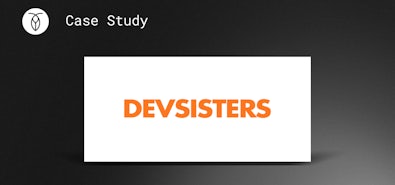
Every startup has a choice: Begin building with something familiar (Postgres, MySQL…) or begin building with something new (CockroachDB). Using a familiar database means engineers can hit the ground running and begin building on a trustworthy platform. Using a new database will require research, testing, and a period of time for acclimation.
On the surface this looks like a simple decision: start building faster with a familiar database. Peel the onion back one more layer and it becomes clear why so many growth-stage companies are deciding to start with CockroachDB rather than Postgres or MySQL.
Start with Scale in Mind
Engineers at nearly every startup have experience with Postgres or MySQL. This means they’re familiar with the difficulty of scaling a legacy database. A database that doesn’t scale easily is a problem for growth-stage companies whose goals often include becoming the next Uber, the next Snapchat, or the next Airbnb.
The choice that startups have to make is whether or not they want to build for scale and resilience from the beginning, or if they want to endure a migration on the road to becoming the next Uber. Theoretically, they could stay on PostgreSQL and try to scale it but the operational complexity of sharding is difficult and will become less and less tolerable with the proliferation of databases that shard automatically.
Horizontal scale is what drove a lot of adoption for NoSQL databases. Now it’s doing the same for Distributed SQL databases like CockroachDB that can offer the same horizontal scale as a NoSQL database but also deliver transactional consistency and, well, SQL.
Postgres Compatibility: The Unfamiliar is Familiar
The familiarity of Postgres and MySQL is often too tempting for startups that want to start building fast. They’re willing to build on a legacy database knowing that they’ll eventually need to migrate to something more scalable.
What these startups may not realize is that CockroachDB utilizes the Postgres wire protocol and is compatible with developer-friendly tools like jOOQ, Django, and others that allow startups to build fast despite being on a new database.
This familiarity is pleasing to developers who are relieved to be able to speak SQL while also getting to explore the unique compatibilities CockroachDB has with Kubernetes and other cloud-native services.
To learn more about why startups are choosing CockroachDB, read the case study about TuneGO, a music industry startup that chose CockroachDB for scale, resilience, and Kubernetes compatibility.


